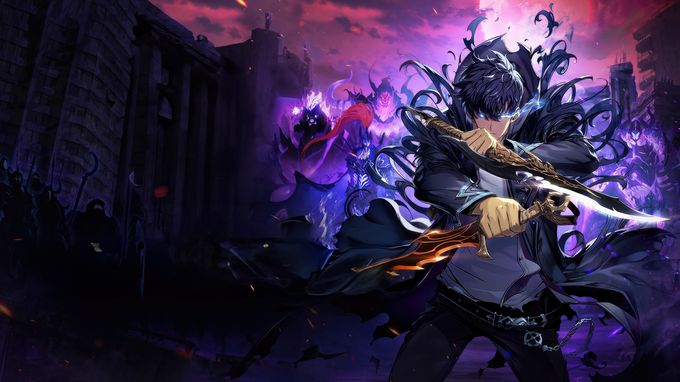How Game Worlds Reflect Psychological States

Exploring the captivating relationship between video game worlds and psychological states, it becomes clear cloud vps server hosting that the virtual landscapes we immerse ourselves in are often a reflection of our inner selves. Video games have the power to transport us to fantastical realms where we can escape reality and delve into a world of endless possibilities. In many cases, these game worlds are carefully crafted to mirror various psychological states, offering players a chance to explore and understand their own emotions and desires in a safe and controlled environment.
One of the most common ways in which game worlds reflect psychological states is through their visual design. The colors, shapes, and overall aesthetics of a game world can evoke a wide range of emotions in players, from awe and wonder to fear and loneliness. For example, a dark and ominous world filled with monsters and shadowy figures may evoke feelings of anxiety and dread, while a vibrant and colorful world teeming with friendly characters and lush landscapes may inspire joy and optimism.

In addition to visual design, the layout and structure of a game world can also be a reflection of psychological states. A maze-like world filled with confusing pathways and dead ends may symbolize feelings of being lost or overwhelmed, while a straight and narrow path leading to a final goal may represent a sense of purpose and direction. The challenges and obstacles players encounter in a game world can also mirror real-life struggles, such as overcoming fears, navigating relationships, or conquering personal demons.

Furthermore, the characters and NPCs (non-playable characters) that populate a game world can provide insight into different psychological states. From wise mentors and loyal companions to treacherous villains and deceptive foes, the characters players interact with can represent various aspects of their own personalities and motivations. The relationships players forge with these characters can also mirror real-life dynamics, such as trust, loyalty, and betrayal, offering players a chance to explore and understand their own relationships and social interactions.
Moreover, the storyline and narrative of a game world can delve deep into complex psychological themes and issues. From exploring trauma and loss to confronting existential questions and philosophical dilemmas, many games offer players a chance to grapple with profound emotions and insights. By immersing themselves in these stories and narratives, players can gain a better understanding of themselves and the world around them, fostering empathy, compassion, and self-awareness.
In conclusion, video game worlds are not just virtual playgrounds for entertainment but mirrors that reflect our innermost thoughts, emotions, and desires. By exploring and interacting with these game worlds, players can gain valuable insights into their own psychological states and experiences, fostering personal growth and self-discovery. From visual design and layout to characters and narrative, every aspect of a game world is a reflection of our inner selves, offering endless opportunities for exploration and introspection. So next time you pick up a controller and embark on a new gaming adventure, take a moment to consider how the game world you inhabit may be mirroring your own psychological state. Happy gaming!
